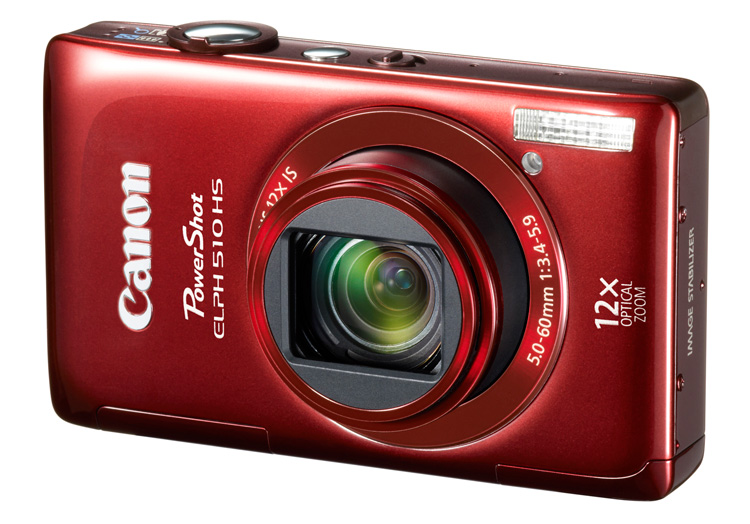Remember that time before digital cameras? Boy, that was brutal. Film wasn't cheap, and it cost so much to have it developed. As a kid I was never allowed to touch the camera, lest in my trigger-happiness I snap while everyone is blinking.
When I got a PowerShot my life changed. Click, click, click, click, click, click, click. Trigger-happy-me was in heaven. We know that the best way to take a great picture is to keep on snapping, and chances are that out of fifty there will be one image that is frame-worthy.

Lucinda Rosenfeld will concur that digital photography is amazing progress. But, she opines, it cheapens the beauty of the captured moment.
Going through the pile, I got to thinking that digital photography’s chief selling points — the abilities to see the finished product instantly and to take countless pictures without incurring any additional charge — have turned out to be mixed blessings. With effort and cost excised from the equation, photos have become too plentiful. And at the same time — as more and more pictures are taken on smartphones, “shared” on social media if at all, then lost to the cacophony of the digital universe — meaningful images have become too scarce. Many of my friends, forever switching among their laptops, tablets and smartphones, can no longer even say where their photo files are located.
If there is too much of something, us humans mentally devalue it. But since so many photos remain inside digital devices, Rosenfeld theorizes, we no longer truly see them and process them.
Ultimately, the loss is maybe less about numbers than about quality and permanence. Printed images are crisper than pixelated ones. They are also tangible: material objects that can be grasped, pasted, or leaned against a dresser mirror. Digital images have a distant, once-removed quality — kind of like dead fathers, come to think of it. In any case, many of us no longer look to print photos to safekeep our memories. In some respects, maybe it’s for the best. When you gaze at the same snapshots over and over again during the course of a lifetime, the images become part of the recollection itself until the two are interchangeable, and it’s hard to say what you remember at all.
Do I really remember standing in front of Big Ben as a child, or do I just remember the photo of me doing so? I can no longer say for sure, but I do know that that photograph became part of my sense of self.
True. It doesn't take much for me to invent memories, and those photos of my gosh-darn-cute toddler self that I would look through on a long Shabbos afternoon became recollections in themselves.
I can’t help wondering whether — with every digital image we casually take and delete from our iPhones or Androids — we’re stripping photography of its awesome powers to keep the past in our sights.
Now that Rosenfeld has made me aware, I will try to keep on top of things. Pretty much as soon as I take a batch of pictures, I scroll through them and winnow out the worst shots, then upload the finalists for another cut, then order prints to be developed. When they are ready, into the album they go. Then the book can be whipped out when a niece insists on proof that she isn't adopted.
Photography has been an amazing invention. We are able to remember better with its help, to be given a tangible reminder of where we come from, and how far we have traveled.
I hope it always stays so magical.
4 comments:
Photography used to be a real art. It was about waiting for the right moment, ensuring everything including the light was in the right place and then getting that one shot at the perfect photo.
Now who cares? You snap, snap, snap and then photoedit everything into the right place. It's like how e-mail killed letter writing. A shame.
But there are benefits to the snapping! Chances are if you keep on taking shots, there will be one that is amazing. And if not, just delete them all and start again.
Professionals know how to set it up right from the get go, but what is an amateur to do?
In the words of Commander Krugg (Star Trek III: The Search For Spock):
Wait! Wait!
Commander Kruge, aka Doc Brown, aka Christopher Lloyd. Nice.
Do you mean "Wait until I take a few more snaps"?
Post a Comment